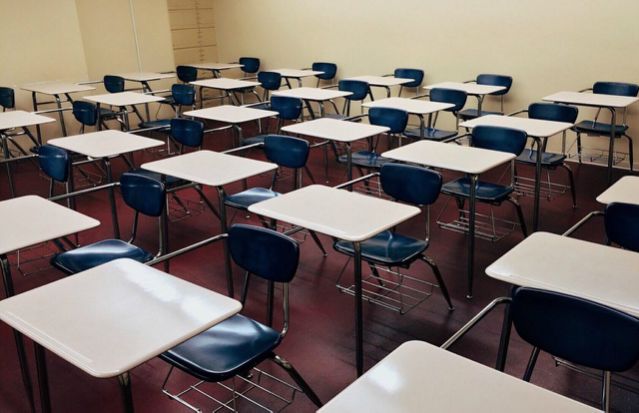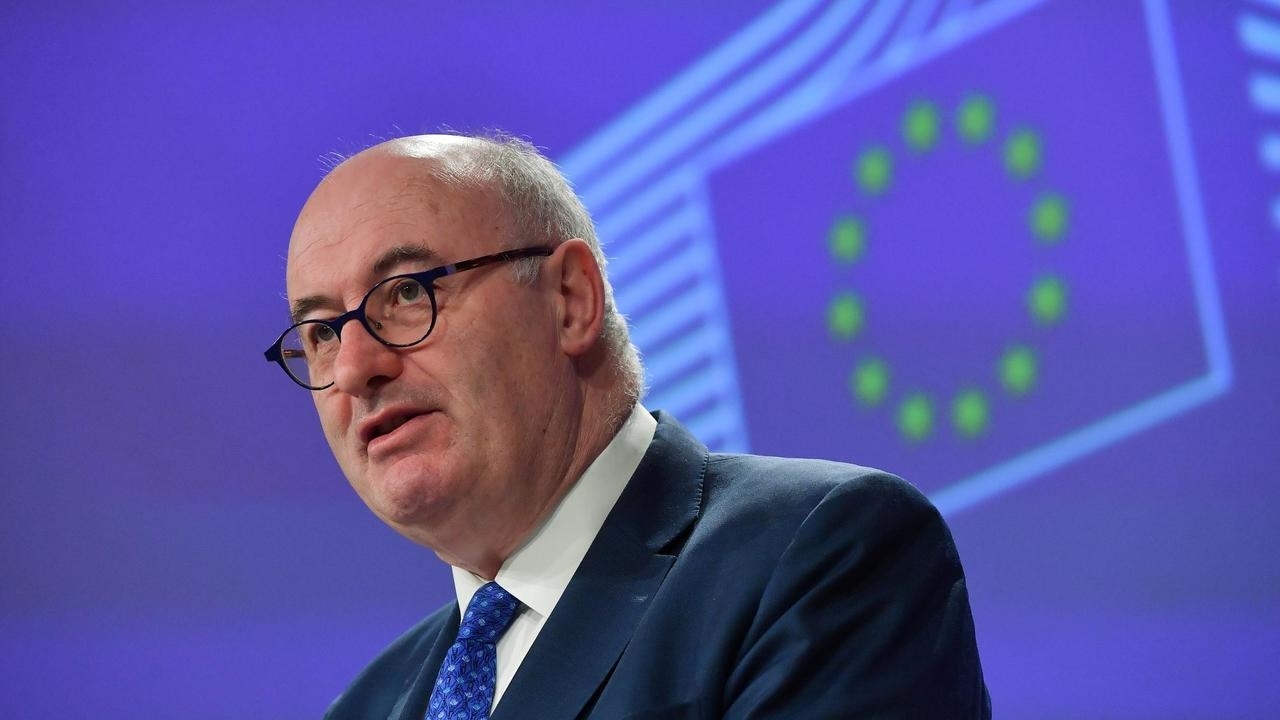SOAS chief Adam Habib criticised for using n-word in video call with students

independent– The director of the School of Oriental and African Studies (SOAS) at University of London has accused critics of “politicising the issue” after coming under fire for using the n-word in a video call with students.
Adam Habib, who is of Indian descent, uttered the slur during a webinar discussion with students in response to concerns about lecturers historically saying the word without facing repercussions.
During a short clip circulated on twitter, the 56-year-old said: “The issue around that is … firstly, even N****r , somebody making that allegation … I don’t know the case. This is the first I’ve heard of it.”
When a student took offence, Mr Habib is heard to reply: “You do? Well, I don’t actually. I come from a part of the world where we actually do use the word (…). The context matters.”
A student commented: “You’re not a black man, you cannot use that word. You have not faced the trauma and oppression of black bodies what we go through 24/7 for the last 500 years.
“You do not embody our history so therefore you cannot use the word.”
The student continued: “Many writers, even our own alumni, have written as to why – peers, non-black peers – should not use the n-word because when it comes from that perspective then it means a whole different story than when it comes from our own perspective which is the autonomy, agency and reclamation of our own history.”
Mr Habib then apologised “if he caused offence”.
However, Mr Habib has since justified his use of the slur in a 17-part thread posted on Twitter on Friday, accusing critics of attempting to “politicise the issue”.
“The question is why is it that after this apology, some are still politicising the issue?” he wrote.
“So why don’t I think it was problematic to use the word when I did. Well, because context matters and I was arguing for taking punitive action. You cannot impute maligned intention without understanding context. Do I believe that only blacks can verbalize the word. No, I don’t.”
Mr Habib told The Independent: “A student did indeed pose a question that SOAS was not responsive to anti-black racism and suggested that a staff member who used the word is still on the payroll.
“I did indeed use the word and said the following: ‘If someone used the word against another staff member, then it would violate our policy and the case should be brought to my attention’. I also said that this is the first that I had heard of the incident.
“Another student objected, making the argument that only those who were ‘black‘ (or what I in South Africa would describe as ‘black African’) could actually verbalise the word. I was taken aback by this because the case was being argued devoid of any understanding or explanation of immediate context.
“I did say that I am surprised by the reaction because I could have easily made the same statement in the same context back home without provoking this reaction.
“I then did apologise saying that no offence was intended, and I again said that if the word was used by a member of staff against another human being, then it would be a disciplinary offence as it would violate our policies.”
He added: “I did not say we use the word in South Africa. This is a deliberate distortion.”
The Independent has queried what Mr Habib meant in the recording when he said the slur is used in the “part of the world’ he comes from.
The director was born in South Africa and was appointed as SOAS director in January 2021.
The Economic Freedom Fighters, a South Africa-based campaign group, has called on the University of London to sack Mr Habib.
In an email sent to SOAS staff and students, Mr Habib later apologised.
“As many of you are aware there has been a controversy that emanated from the all-student meeting yesterday in which I mentioned the n-word after a student query on a case in this regard,” he wrote.
“I want to apologise unreservedly for having done so. I do now recognise the hurt and distress that has been caused and will continue to listen.“It may be helpful to explain the context in which the statement was made.
“During the meeting, a student questioned SOAS’s responsiveness to anti-black racism and suggested that a staff member had used the word without consequences. I responded that: ‘If someone used the word [n-word] against another staff member, then it would violate our policy and action would be taken.’
“I apologised, saying no offence had been intended, and reiterated that if the word was used against another person, it would be a disciplinary offence as it would violate our policies.
“Nevertheless I recognise that despite the context, many in our community were offended and hurt by the term. And for this I apologise unreservedly.
“I am sorry to have caused this controversy, and I am keen to work with the whole School on addressing the issues which will enable SOAS to achieve its mission in both the national and global community.”



